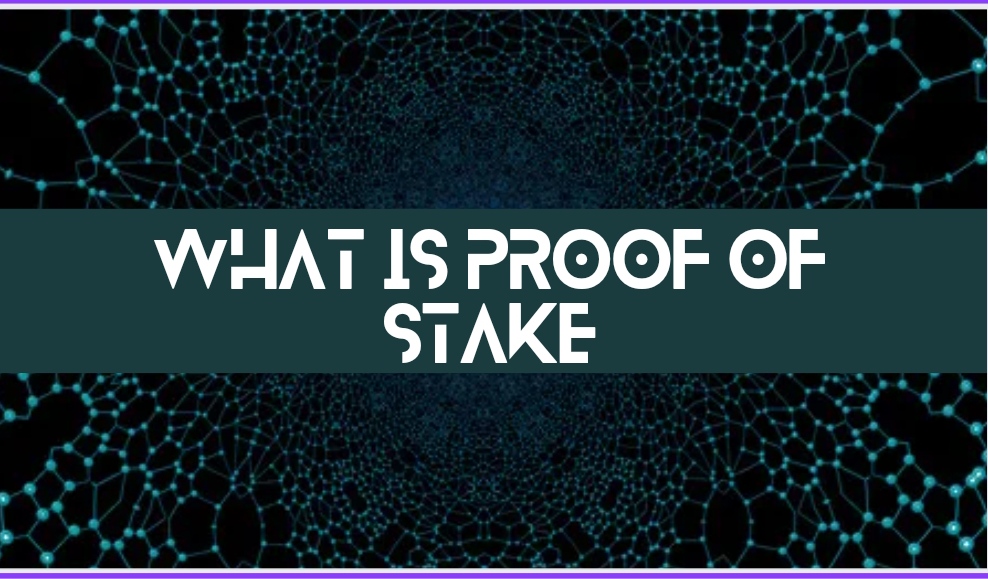Cryptocurrencies work on consensus mechanisms, and Proof of stake (PoS) is one of them. A lot of cryptocurrencies are based on them. Proof of stake is a consensus mechanism for verifying transactions and bringing new blocks to a blockchain in cryptocurrencies. A consensus Mechanism means every computer or every node agrees to something. They do validate with the help of validators. For a person to become a validator, need to keep some cryptocurrency at stake. One of the major blockchains Ethereum has switched from proof of work to proof of stake. Some other blockchains based on Proof of stake are EOS, Polkadot, Cardano, etc.
Difference between proof of work and proof of stake
Proof-of-work (POW), was the initial consensus mechanism. It was used to verify a blockchain and add new blocks. It is now getting replaced with proof-of-stake (POS) and other mechanisms. While Proof of stake consensus mechanism need validators to store and stake tokens in order to earn transaction fees.
Proof of work mechanisms depend on miners to resolve the cryptogram.
Can we earn with the help of proof of stake?
Yes, it provides some financial opportunities. Users get coins/tokens through the fees and rewards by locking up existing coins in the liquidity pool i.e., a platform where users can change cryptocurrencies into fiat currency without any complex process or problems.
What are the Pros of using Proof of stake?
There are various benefits of using Proof of stake:
- The speed of transactions increases as compared to others
- Blockchains that are more expandable find Proof of stake helpful. It has efficient energy requirements, hence leading to more adaptability among new users.
- It also provides earning opportunities to get a few more crypto.
What are the Cons of using Proof of stake?
There are some things to be concerned about while using PoS
- Beacon Chain, a proof-of-stake network on Ethereum, is not a blockchain. Without any security, use, or scalability. They are just distributed ledger networks that imitate the architecture and operations of actual blockchains. Hence Proof of stake has some security concerns.
- Large holdings by validators can have an undue impact on transaction verification.
Conclusion
Proof of stake can be considered as an extension of proof of work. Proof of stake solves a lot of problems with proof of work. Nevertheless, it comes with some risks as well. Researchers are continuously working hard to make cryptocurrencies more viable.
Ruchi Arora is a writer at trickyfinance covering various topics related to finance and cryptocurrency. This includes the latest news, events, reviews and various other information. Besides writing, she has a huge interest in designing and sketching.




